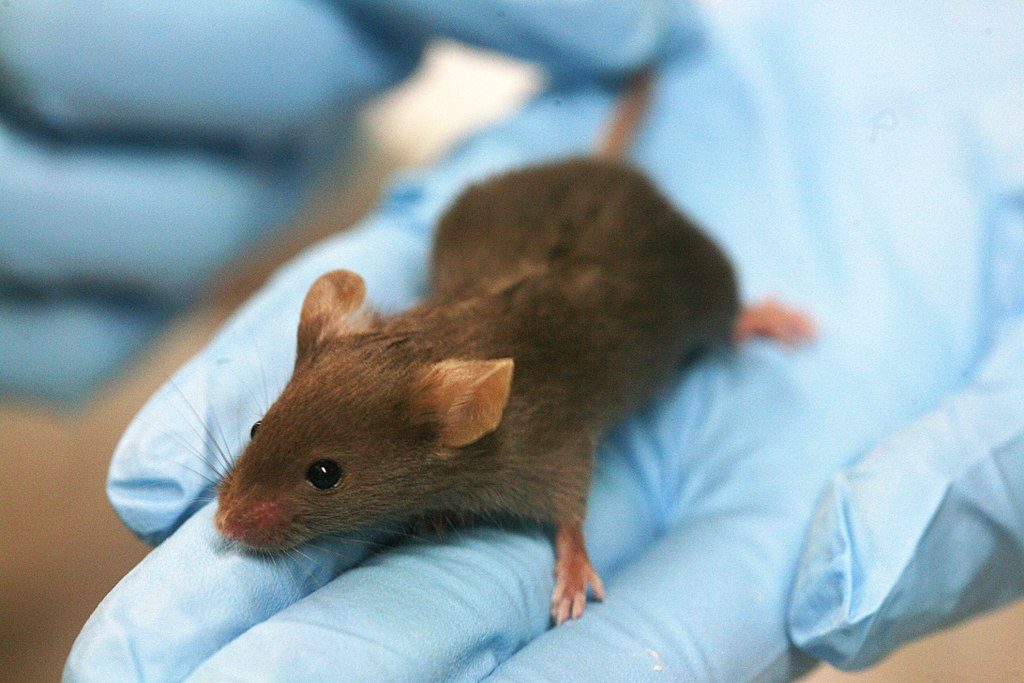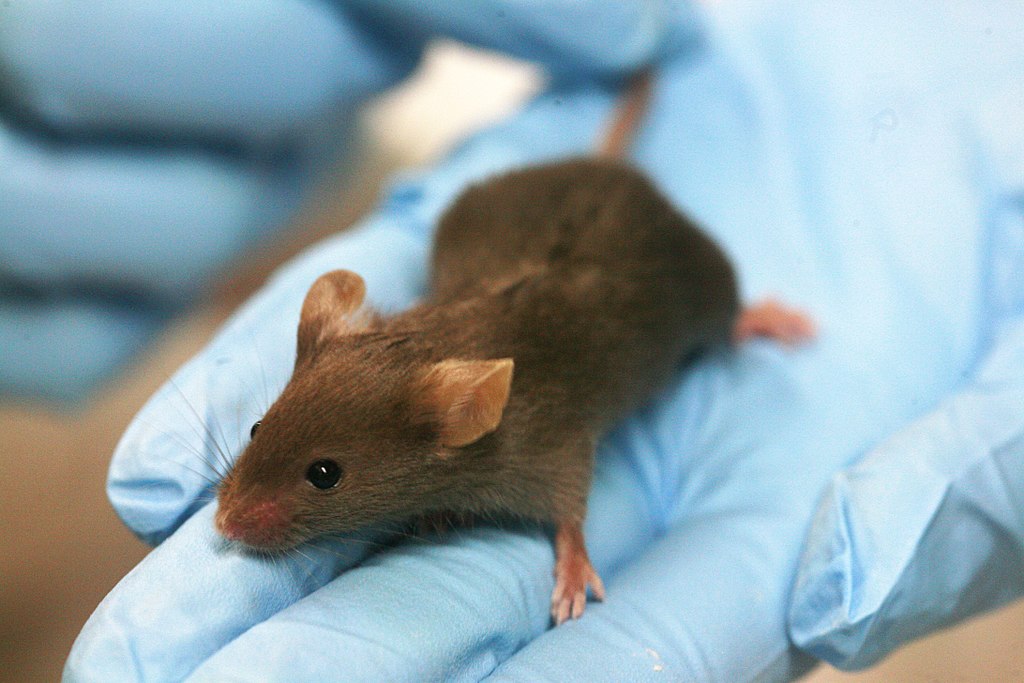Animal Research: An Uncomfortable Topic for Scientists and Journalists Alike

A laboratory mouse. Photo: Wikimedia/Rama
SAN FRANCISCO—The use of animals in research prompts as wide a range of opinions and emotions among researchers as it does for the public. This makes the topic tricky for journalists to cover if researchers are reluctant to discuss how they use laboratory animals—or if reporters elect to leave animals out of their stories altogether, stated speakers on 27 October at the World Conference of Science Journalists 2017.
The session, titled “Covering Research on Lab Animals: Challenges and Opportunities”, drew in part upon a 2011 poll by Nature of nearly 1,000 biomedical scientists that revealed decidedly mixed feelings about animal research.
More than 90 percent of respondents agreed that tests on animals are essential for progress in science and biomedicine. However, 33 percent expressed “ethical concerns” about the role of animals in their work, and almost 16 percent of the scientists surveyed said they had “misgivings” about such projects.
“Young people, and thus young scientists, (...) are the most concerned about animal welfare."
Increased concern by the public and scientists about the welfare of animals stems, in part, from the rising status of pets in society, said David Grimm, online news editor of Science and author of the 2014 book Citizen Canine: Our Evolving Relationship with Cats and Dogs.
“Young people—and thus young scientists—who are more likely to have grown up with cats and dogs as family members are the most concerned about animal welfare, including lab animal welfare,” Grimm said.
No reason to hide anything
Rather than take a play-it-safe approach of avoiding interactions with the media, panelist John Ngai encouraged scientists to consider questions from reporters as opportunities to explain their work and purposes.
“Researchers have no reason to hide anything, because they can explain the reasons why they believe their work is legitimate,” said Ngai, director of the QB3 Functional Genomics Laboratory at the University of California, Berkeley.
When veterinarian Larry Carbone, director of the Animal Care and Use Program at UC San Francisco, reads general news stories about biomedical advances, he pays close attention to how the animal-study component is presented. However, he does not always find that information in the copy.
In an interview before the session, he shared an example: an article about what exercising to exhaustion does to brain chemistry. Carbone knows that scientists undoubtedly studied those chemicals in rat brains, not in human brains. But neither species is mentioned in the piece.
“The goal of good science is explaining how you get to that story,” he said.
Animals in trouble
Carbone has also noticed that animals often take center stage in an article when there are problems to report with a study.
“Unfortunately, when the animals are visible, the science successes disappear in the news,” he said.
Other challenges for journalists in writing about animal research are considering the safety of scientists and whether to include perspectives from animal rights and welfare organizations.
“Are anti-animal research groups anti-science? Not necessarily,” said Grimm. But they are “more nuanced than climate deniers,” he added.
When it comes to animal rights groups, “the problem is that organizations are getting more sophisticated finding ways to affect their target,” said Laura Helmuth, science and environment editor of The Washington Post and president of the National Association of Science Writers.
Journalists in the middle
This is why it’s vital to have good sources to prevent the spread of false or misleading information, Helmuth said.
In the end, journalists are not so much writing for a specific audience, but dealing with expectations of people on both sides of the debate.
And that debate, says Ngai, will never be black-and-white. Rather, a news story about animal research is like a Rorschach test, he said: “Everybody reads something different into it.”
—
Margarida Marques is a Portuguese environmental journalist. See her work at https://mmargaridapm.wixsite.com/journalism

